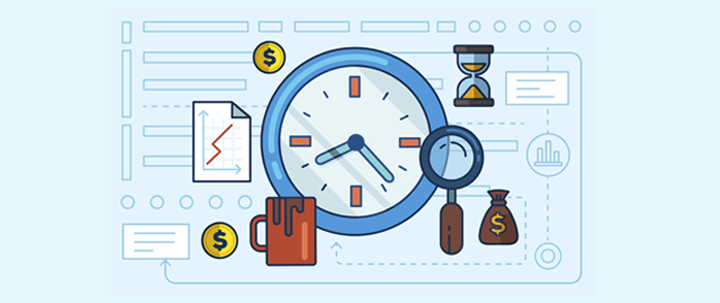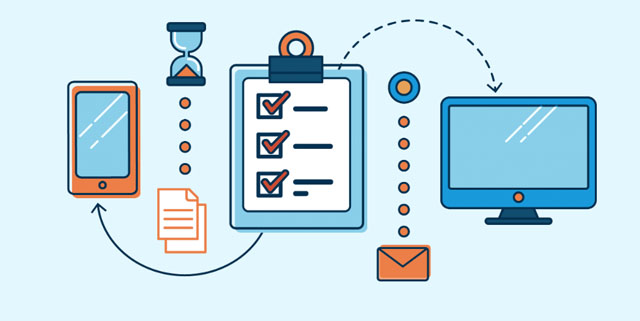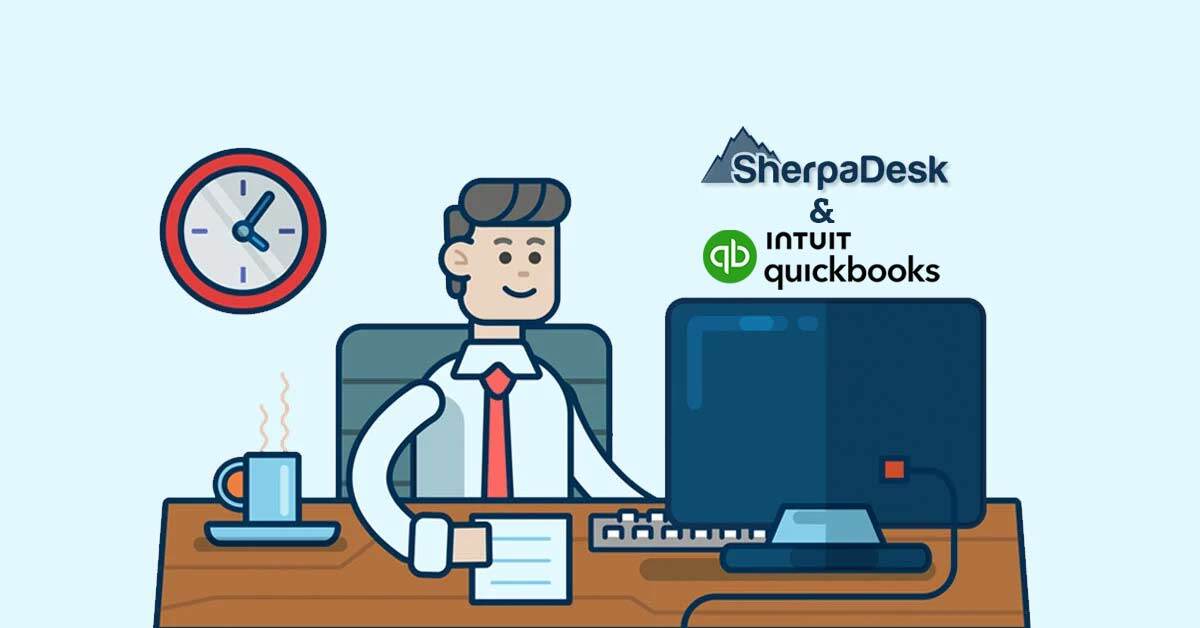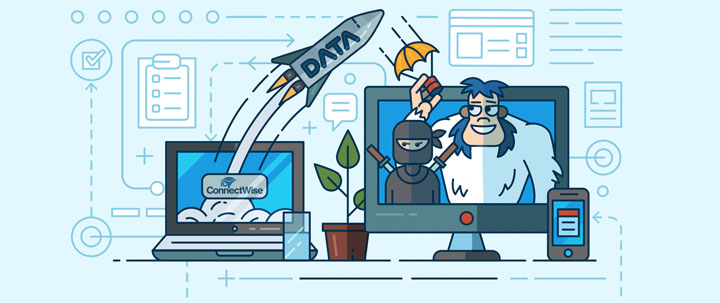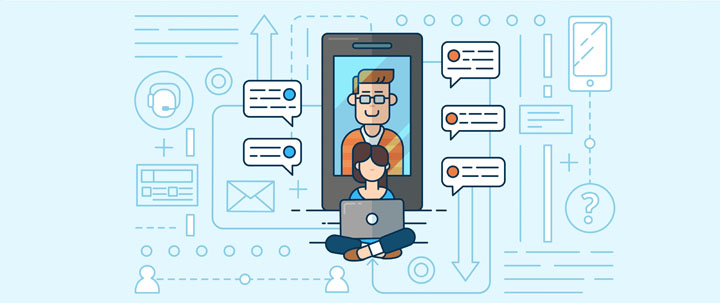If your significant other told you they were going to use a time tracker app to see how long it took you to complete your daily tasks, what would your first thought be? Probably: “Don't you trust me?"
Many people would probably feel the same way if their bosses told them they will start tracking their time. They would feel as though their managers didn’t trust them to get work done. And in many cases, this is how time-tracking software is used: to identify those who don’t appear to be working hard enough.
We all know, however, that time-spent doesn’t necessarily equate to effort put in.
You can spend 10 hours working on a task absentmindedly and get the same amount of work done as someone who works solidly for an hour.
But time-tracking, when used in the right way, can have powerful effects on your entire team's productivity.
In this blog post, we’re going to look at how using time tracking software within your organization can lead to increased levels of productivity and understand how to avoid abusing the system.
What is a Time Tracking Software?
There is a wide range of different time tracking tools to choose from. An effective time tracking app isn’t used for ‘spying’ on your staff, it should be used to help grow your business and to keep track of how your clients and customers are affecting your bottom line.
After all, time is finite, and we should make sure we’re using this resource in the most efficient way possible.
If you work in a help desk, you might want to track how much time is spent on each specific support issue. This will help you understand where improvements could be made by streamlining processes. Or you might like to use a time tracking tool to track how many billable and non-billable hours your team is putting in.
A good time tracking tool will help turn timesheets into invoices to make sure your staff is getting paid correctly (especially those who are perhaps part-time or on an hourly basis).
The biggest benefit of using this tool within your business is how it can positively affect your productivity.
Get A Clearer Understanding Of
What Blocks Your Productivity
If you want to improve your productivity, the first thing you need to do is understand what’s stopping you from being productive.
Usually, when you start using a productivity tool, you tend to focus solely on the task at hand. You understand you’re tracking your work against time, so you’re less likely to be distracted by email or social media, etc. It means that you often work faster. Multi-tasking is one of the core causes of human errors. When your brain focuses one task at a time, you’re less likely to make mistakes.
However, many times, distractions do arise. Perhaps your manager wants you to complete an essential task right away, or maybe you have to deal with a client call that takes longer than expected.
Either way, distractions do arise, and it’s only when you actively track your time that you realize when these occur and why. Once you understand the when and the why, you can then start doing something about it.
By consistently tracking your own time, you'll be able to see which obstacles get in the way of productive work. It puts you in a much better position to change your habits or processes.
Measure and Improve Your Own Efficiency
Ask yourself, how efficient are you? You might feel as though you’re super efficient as you get all your work done on time. But the truth is, true efficiency involves improving the way you work to save yourself time for either other projects or to combat potential roadblocks.
You could pick a specific task to see if you could improve your efficiency. For example, looking at your time tracking data, see how long it takes you to write reports. Take the average of that data and evaluate ways to decrease the time it takes to do it without also reducing quality.
In the above example, we see it took us three hours to complete our “Install Drop” task. If we really wanted to improve our own efficiency, we might look into ways we could reduce the time it takes for us to complete this step.
When the cost of completing the project, report or task decreases, your profit increases.
Time Tracking Apps Help You Understand
Your Team in Greater Detail
We’ve already established that a time tracking tool shouldn’t be used to spy on your team. But it can help you understand your team in greater detail, especially when it comes to delegating.
For example, you might find that team member A works more hours than team member B. Instead of using this data to reprimand team member B, look at the reasons why one team member is able to work more than others. It could be that you have high-performing staff - this is great. But also, it could be that the way you’re delegating the work causes some staff to have easier tasks to work on.
As a manager, your job is to support your staff and help them get better at what they do. When you encourage your team members to track their time you can determine which team members might need extra training and as a result, you’ll work your way towards increasing their job happiness and prevent them from burning out.
As the saying goes: “There is no ‘I’ in team,” your entire team should be working together to help achieve your business goals. Therefore, if you know a specific team member has more time available, then you can delegate spare tasks to them.
This will lead to a shared effort when it comes to completing tasks as a team.
Automated Time Tracking Apps
Alleviate Other Tasks
How much time do you spend working out how much to bill clients? How much time do you spend sourcing data to put into reports to share updates with managers? How much time do you spend traveling to meetings, on calls with clients, etc?
Probably a lot.
This can all be alleviated if you start tracking your time with an automated time tracking tool. Not only that, you can also see where you’re spending time and quickly assess the sustainability of your business by examining where budgets are spent.
With access to all this information, you can make better decisions. Since you'll know how much time specific tasks take to complete, you'll be able to make sure you’re budgeting (and billing) the right amount for the time spent on each task.
Takeaways
If you really want to improve your own productivity, the first step is to generate accurate data about how you’re spending your time and what you're spending it on.
When you get a clear view of where you’re wasting time, you can save time by switching up how you approach tasks.
Getting work done motivates you to do more and tracking the time it takes you to do that work allows you to understand the value of the time you have available.
Whether you’re tracking time to keep track of your billable hours, identify bottlenecks, delegate work or even figure out which team members need more training, the benefit of time tracking is increased productivity. You will also have a better sense of control and ownership of the tasks everyone is working on.
If you’d like to see how you can use time tracking within your team, check out Sherpadesk’s time tracking tool.


%201.png?width=559&height=559&name=close-up-women-working-with-devices%20(1)%201.png)
